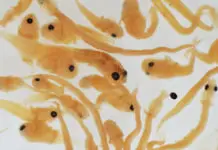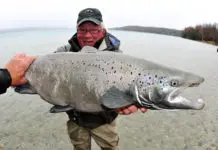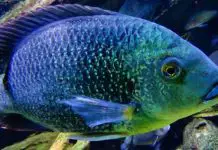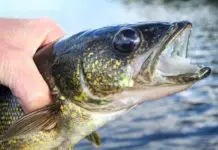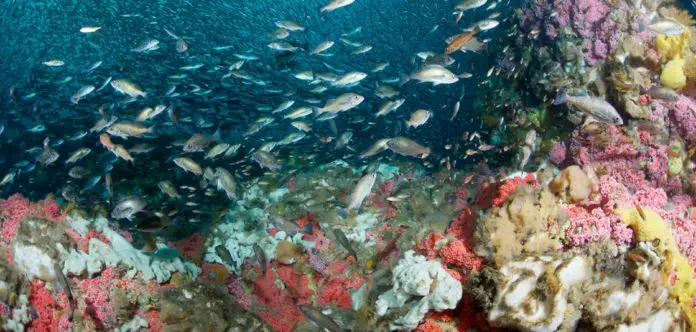
Seafood is naturally rich in selenium, but it may also contain the environmental pollutant methylmercury. New research indicates that methylmercury is less toxic to mice if they are simultaneously exposed to selenium.
Mercury is known to have detrimental effects on the nervous system, especially in the early phases of development of the foetus. In a study carried out by the National Institute for Nutrition and Seafood Research (NIFES) pregnant mice were fed a diet which was spiked with either methylmercury or the mineral selenium, or both. The level of methylmercury in the feed was around 100 times higher than is normally present in seafood. The results from the study showed that the mice which had been exposed to both selenium and methylmercury through the mother had a better balance than the mice that had not been given the selenium supplement. The results indicate that selenium may counteract some of the negative effects of methylmercury on the nervous system.
Selenium and methylmercury in seafood
Seafood is a natural source of the mineral selenium which is important for a number of metabolic processes in the body. Mercury occurs naturally in several different chemical forms, and methlymercury is known to be one of the most toxic forms. Seafood may contain methlymercury, but usually in concentrations that are considerably lower than the EU’s upper limit for mercury. The limit is 0.5 mg per kilo of fillet for most species and 1 mg per kilo for some predatory fish species, such as tuna and Atlantic halibut. Comprehensive knowledge about the effects of environmental pollutants and is important to enable public authorities to assess seafood safety.
Based on the scientific article:
Does selenium modify neurobehavioural impacts of developmental methylmercury exposure in mice? by K. I. Folven, C. N. Glover, M. K. Malde and A.-K. Lundebye and published in “Environmental Toxicology and Pharmacology” 2009.
Contact person:
Anne-Katrine Lundebye Haldorsen
Tel.: (+47) 48185033
E-mail: aha@nifes.no
























